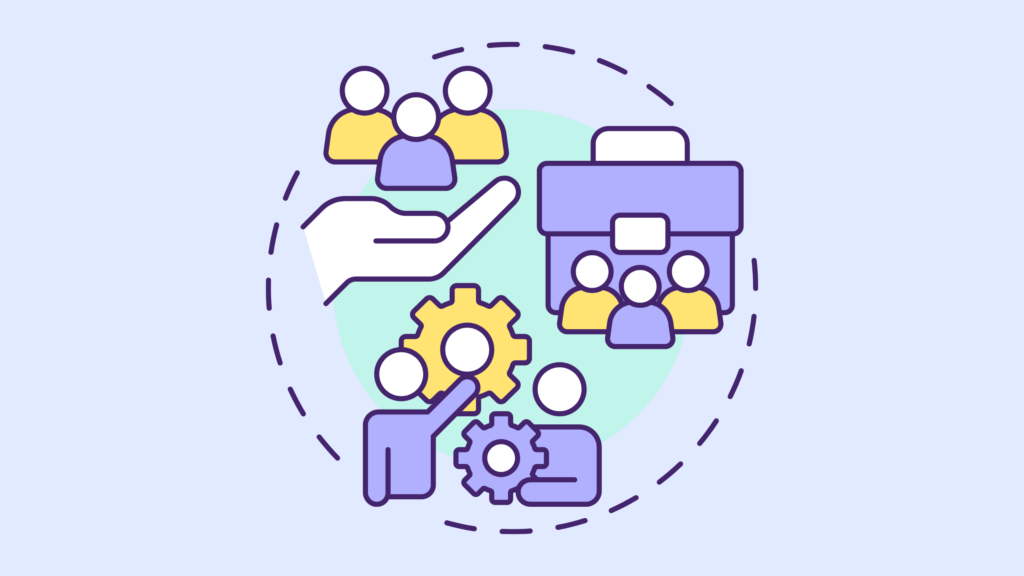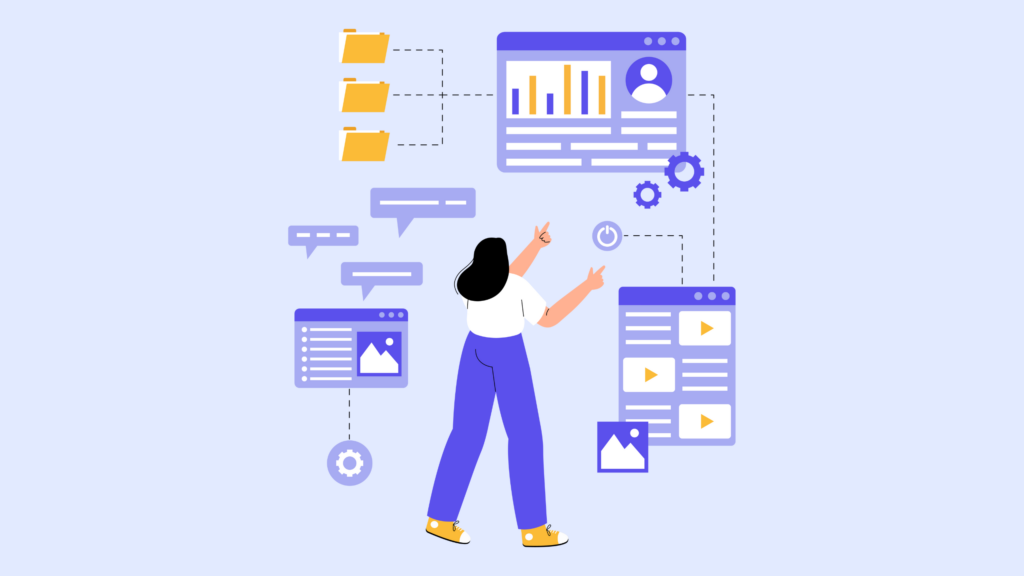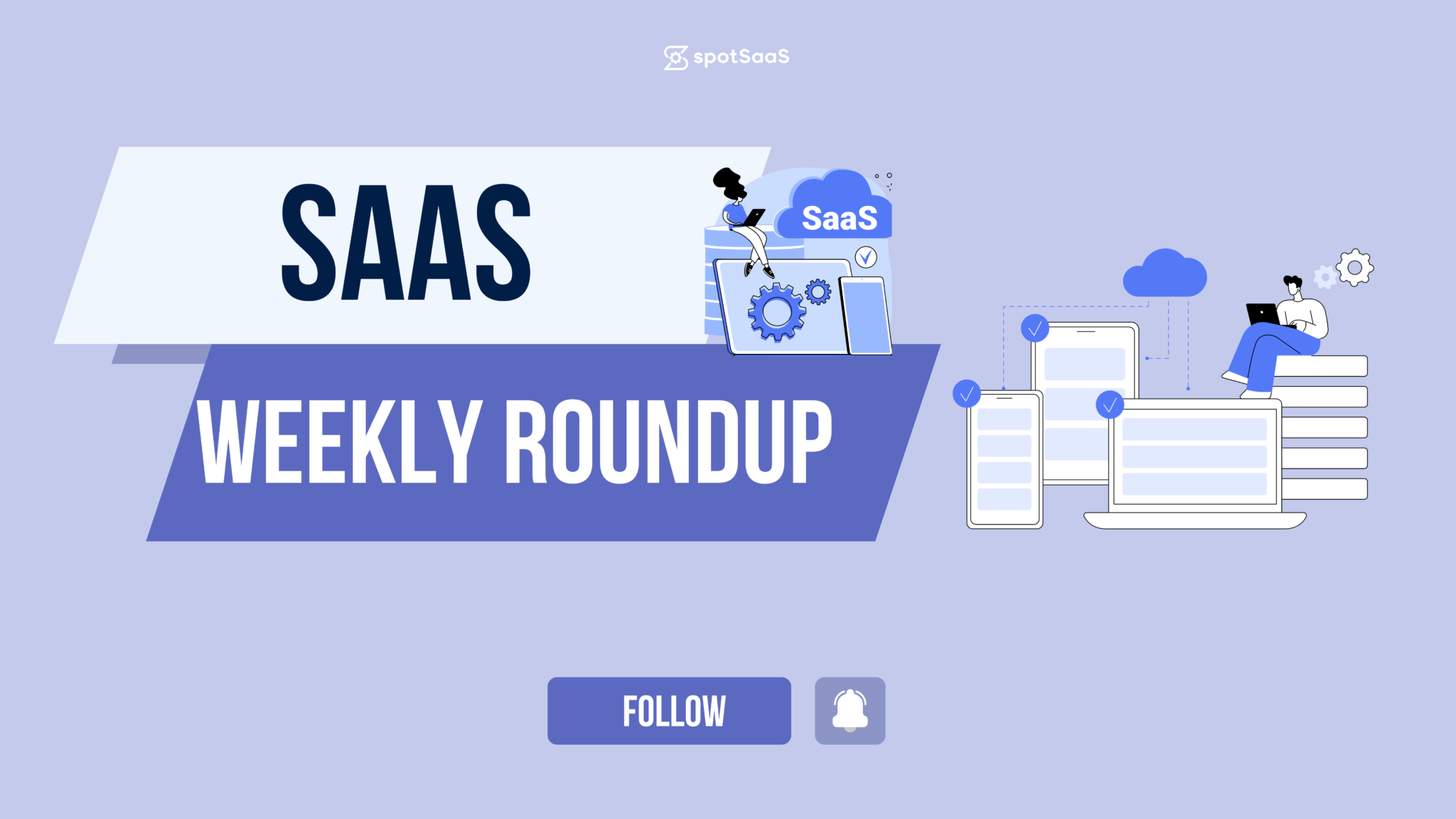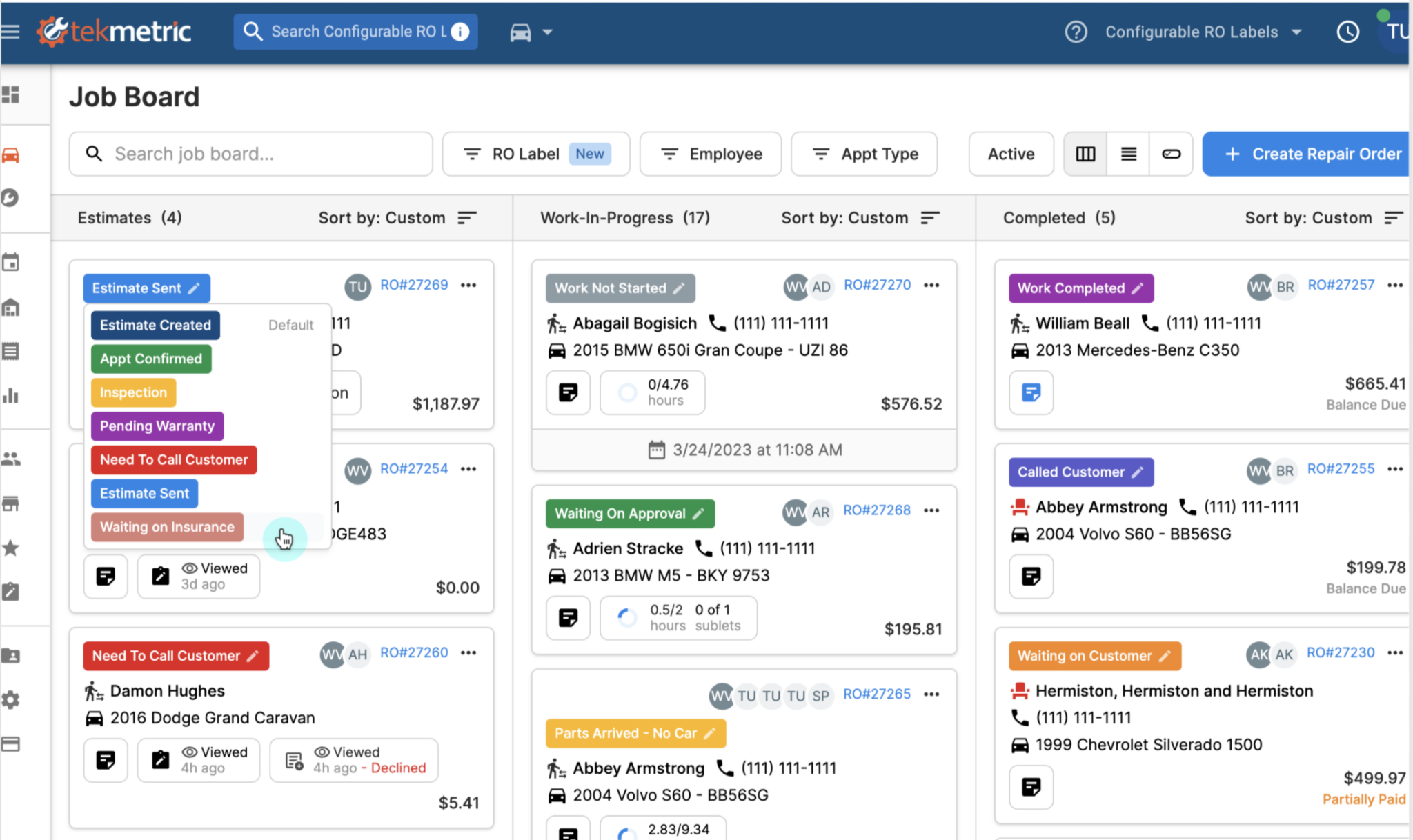SaaS, or software as a service, has changed the world of business as we know it, regardless of industry or type. Sales success is streamlined through CRM integrations, or finance businesses utilizing ERP integration tools. Integrations allow SaaS to easily meet businesses in the middle, creating a harmony of success and scalability. This guide will dive into the different types of SaaS integrations and how they’ve shaped businesses as a whole.
CRM Integrations
CRM, or customer relationship management, allows businesses to use various tools to track how well their business manages past, current, and potential future customers or clients. This can include marketing, lead nurturing, tracking sales, and more. Integrations allow many of these customer retention or acquisition processes to be automated, allowing your business to focus on what is important: the client.

Marketing Automation
CRM integrations can automate marketing campaigns depending on type, goals, target audience, and more. It can also generate how successful that campaign or current campaigns are doing, including customer acquisition costs. It can generate and schedule emails and social media posts, making it easier for the marketing team to focus on broader tasks rather than mundane routine ones.
Customer Service
Many CRM integrations help with customer service. With AI chatbots to track suggested products for users or help them navigate websites, it can minimize the need for employees to answer repetitive questions. Automated help emails can improve response time and customer satisfaction. SaaS integrations help automate these tasks and provide more solid customer service response time, quality, and more.
Sales Success
CRM sales integrations help customize and track sales pipelines, client calls, inventory and website traffic, and more. This helps sales teams focus on nurturing clients to close sales instead of managing too many tasks. Businesses can also integrate Shopify or other e-commerce data for real-time inventory, shipping, shop, and customer data. HubSpot integrations can automate and calculate many similar sales processes as well.
ERP Integrations
ERP takes nearly all aspects of a business and streamlines them together for efficiency. Many ERP integrations can help automate tasks like scheduling, payroll, and data syncing to keep all teams up to date within a single entity.

Financial Reports
ERP integrations can take sales data, overhead, and customer acquisition costs and create automated financial reports that predict current and future profit success. This helps reduce resources needed to gather data and allows faster response time to reduce costs or improve sales.
Automated Tasks
Task automation is a huge part of ERP, including ERP integrations. Mundane tasks require a lot of hands-on work that could be used in more important roles. That’s where automation comes in. As previously mentioned, many processes can be automated from payroll to appointment scheduling, allowing employees to tailor their skills for more important matters.
Data Syncing/Cloud Migration
Cloud migration and other data syncing SaaS are very important for ERP. Each business department needs access to many kinds of data. With ERP integrations, this data is easily accessible, summarized, and delivered to those who need it without much hands-on work. This can help businesses see success and scalability much faster.
Human Resources Information Systems
HR departments have a lot of tasks and duties to fulfill. HRIS (Human Resources Information Systems) integrations allow HR employees to focus on what’s important instead of splitting attention for simpler matters.

Interview Scheduling
Scheduling interviews the traditional way can waste a lot of time and resources. Automated interview scheduling software through HR integrations can help applicants and HR departments automatically compare schedules and select appropriate interview times in the blink of an eye. This leads to quicker hiring and better employee satisfaction.
Resume Sorting and Tracking
When companies get hundreds or even thousands of resumes for roles, automated resume sorting and tracking can help match qualifications with the role. This allows HR departments to focus on the most qualified applicants instead of sorting.
Payroll Services
Automating payroll software boosts employee satisfaction, helps HR departments focus on other important tasks, and provides real-time financial data that is accurate. It makes payroll a simple process no matter the size of the workforce. Payroll integration can help track, sort, and automatically pay out employees easily.
Appointment Tracking
Internal affairs are quickly resolved with automated appointment and issue-tracking software. HR integrations can track any issues, reach out to affected parties, and resolve them by allowing employees to focus on what is important.
Conclusion
All in all, SaaS integrations go hand in hand; they allow businesses to see success and scale faster than ever before. The use of this technology keeps mundane processes automated, data constantly and accurately updated, and both employees and clients satisfied. The future of SaaS relies on integrations, and there’s no shortage of potential out there for both businesses and business software.
(Image Credit: spotSaaS)




